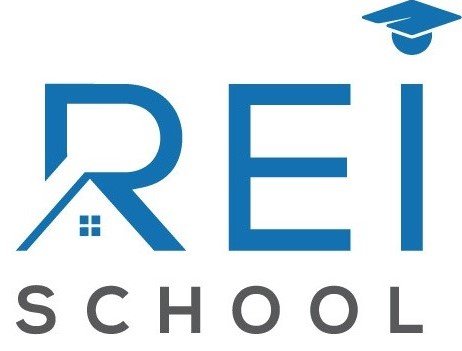March 17, 2025 | 2.5 Minute Read
What if I told you there’s a way to sell a property before you even close on it? Sounds too good to be true? Let me share my secret sauce for exactly how I do this.
Everything starts with your total investment into the project. That is acquisition, renovations and holding costs. When you are fairly certain of this number, you start planning your exit strategies.

If you’re buying to hold as a rental, this might not apply. But if your rental numbers are tight—where a single misstep could lead to break-even or negative cash flow—you ALWAYS need a backup plan.
How can you prepare for this uncertainty, especially without confirmed tenants or rents? It comes down to your renovation costs and overall financial projections.
Before finalizing a purchase, it’s critically important to have confidence in your cost estimates. This includes:
Purchase Costs: The price you pay for the property.
Financing Costs: Interest, loan fees, and other associated expenses if using hard money. Consult with REIBrokers.com for assistance.
Renovation Costs: Projected expenses to bring the property to rent/market-ready condition.
Holding Costs: Utilities, taxes, insurance, and maintenance during the hold period.
Selling Costs: Closing costs, seller concessions, additional repairs required post inspection, and agent commissions.
Conservative Rental Income: The lowest realistic rent you can expect if you had to hold it as a rental.
Once you’ve run these numbers, you should know your alternative exit strategies in case your primary plan isn’t the path forward to success.
I always aim for 2-3 viable exit strategies for every property, ensuring the numbers make sense for at least two.
Here’s your exit strategies:
1. Buy & Hold
Does the BRRRR (Buy, Rehab, Rent, Refinance, Repeat) strategy apply?
Will the property generate sufficient cash flow and meet my minimum monthly net income?
Can the property meet lender requirements during refinancing (e.g., 1.2 DSCR, minimum rent, and appraised value)?
I analyzed the rent projections and already know if holding is a viable strategy.
2. Retail Flip
Will I stay within 75% Loan-to-Value (LTV) after purchase and renovations?
Do I have funds for upgraded renovations to sell to an owner occupant if the property doesn’t cash flow as a rental?
What is the current After Repair Value (ARV) and projected appraisal value?
If my minimum profit projections are achievable, a flip is a potential exit.
3. Turnkey Flip
If refinancing doesn’t result in positive cash flow, can place a tenant and sell to a turnkey buyer and still profit?
Which of my cash buyers or hedge funds fit their minimum cash-on-cash returns for this property?
I’ve already identified potential turnkey buyers with commitments to sell after completing the turnkey process.
4. Wholetale
It’s not a wholesale property. We will close on the property, clean it up, do minimal repairs, and sell it quickly.
The buyer’s total cost (purchase plus renovation) must be no more than 75% LTV, meaning I need to secure the property at a deeper discount.
I have lined up other interested investors with tentative offers who want to inspect after I close and clean it out.
5. Creative Financing
Do I have a list of buyers interested in seller-financed deals?
Does the property location, price and terms attractive for seller financing?
Can I secure a buyer before starting renovations?
I emailed all of my buyers to see who has interest. The number of responses will determine if this is an alternative exit.
6. Novation
Use a novation agreement to market the property on the MLS or to my email list.
Replace the original contract with a new one, with all parties in agreement.
The profit comes from the difference between the contracted price and the final sale price. This method is entirely legal with the proper agreements in place.
I have a listing agreement (I am a real estate broker) so I get paid at closing without actually buying the property.
6. Brokerage
When the property in very good condition and the seller wants appraised value.
If the property needs renovations and I can’t make my numbers work as a flip or a hold, there are other investors who evaluate properties differently and this project may fit their strategy.
This is the very last strategy I consider.
Every time I analyze a property, I consider all these strategies. Before I close, I know which ones will apply.
The key? Always prepare multiple exit strategies and ensure your numbers line up with at least two of them. That’s how you stay flexible, profitable and successful in any scenario.
